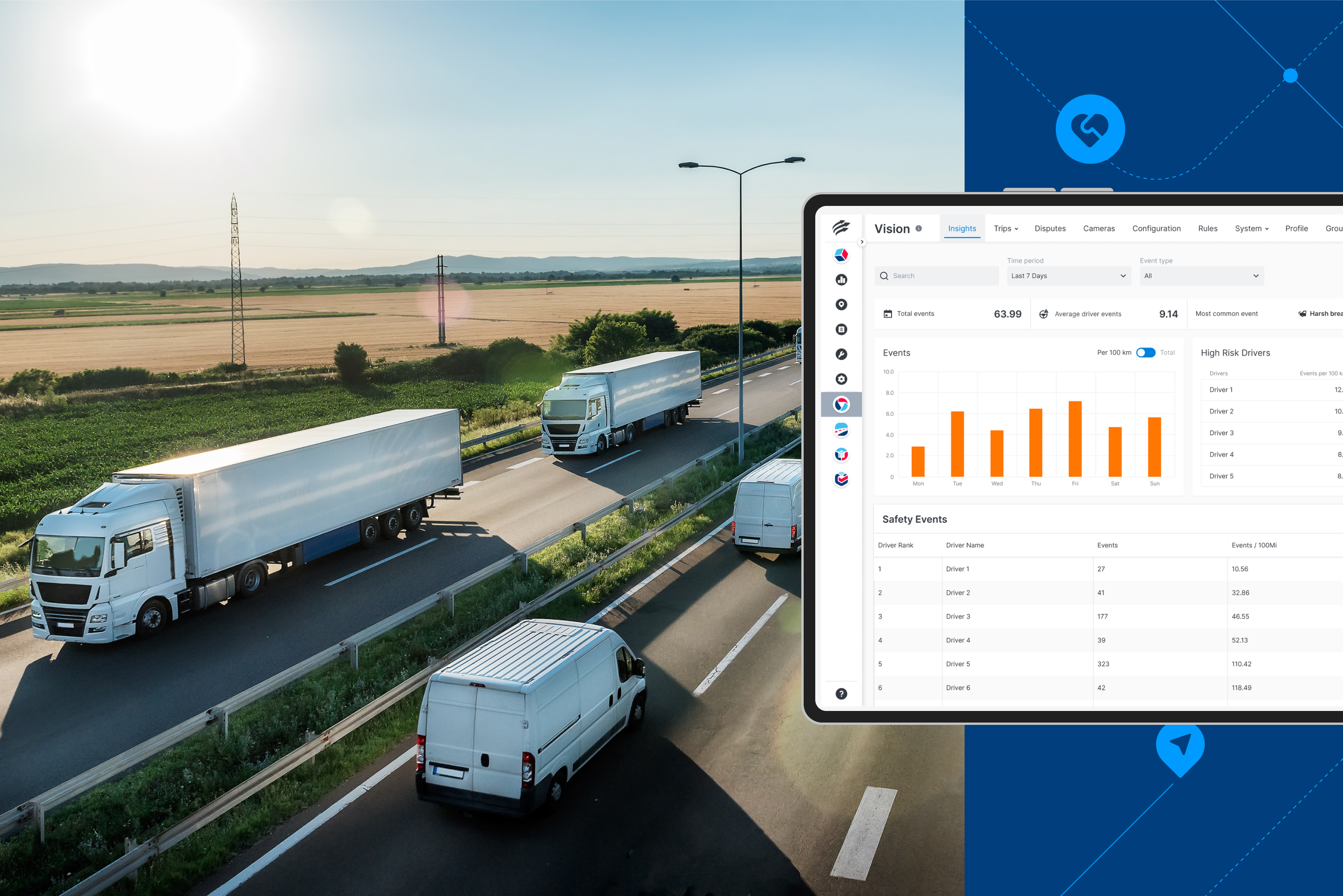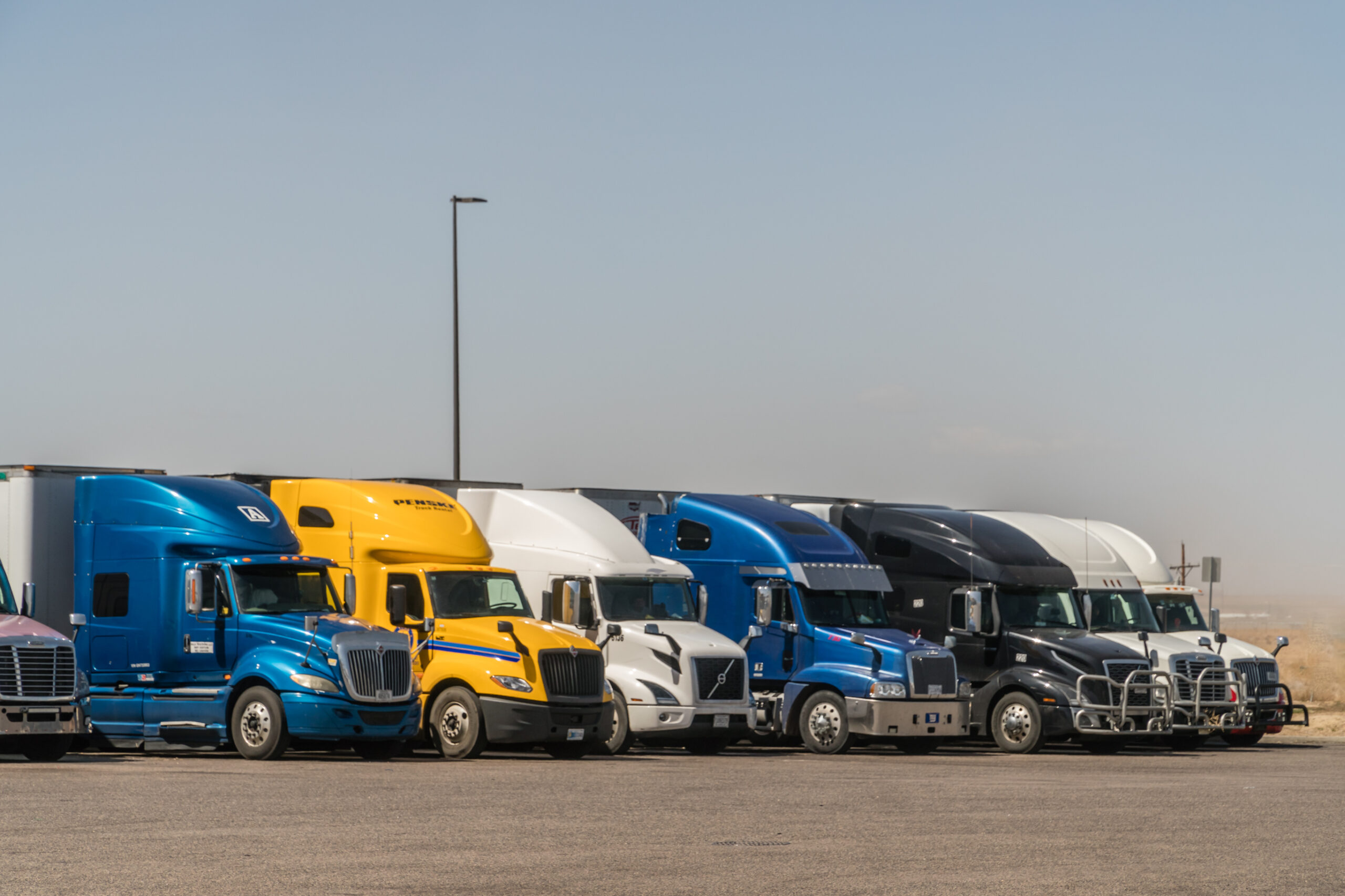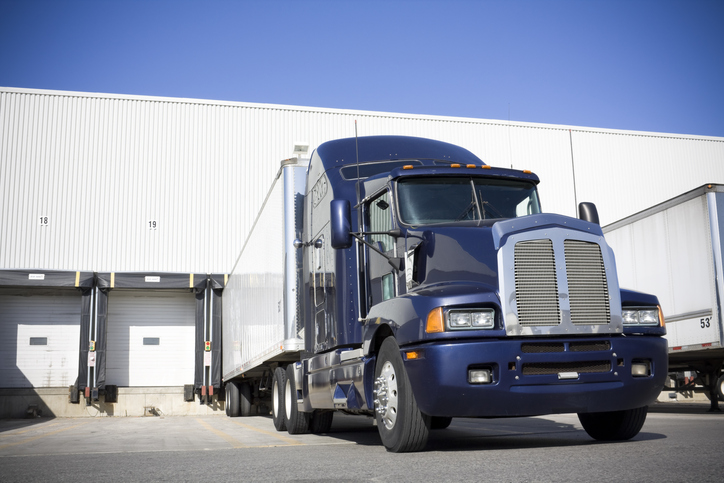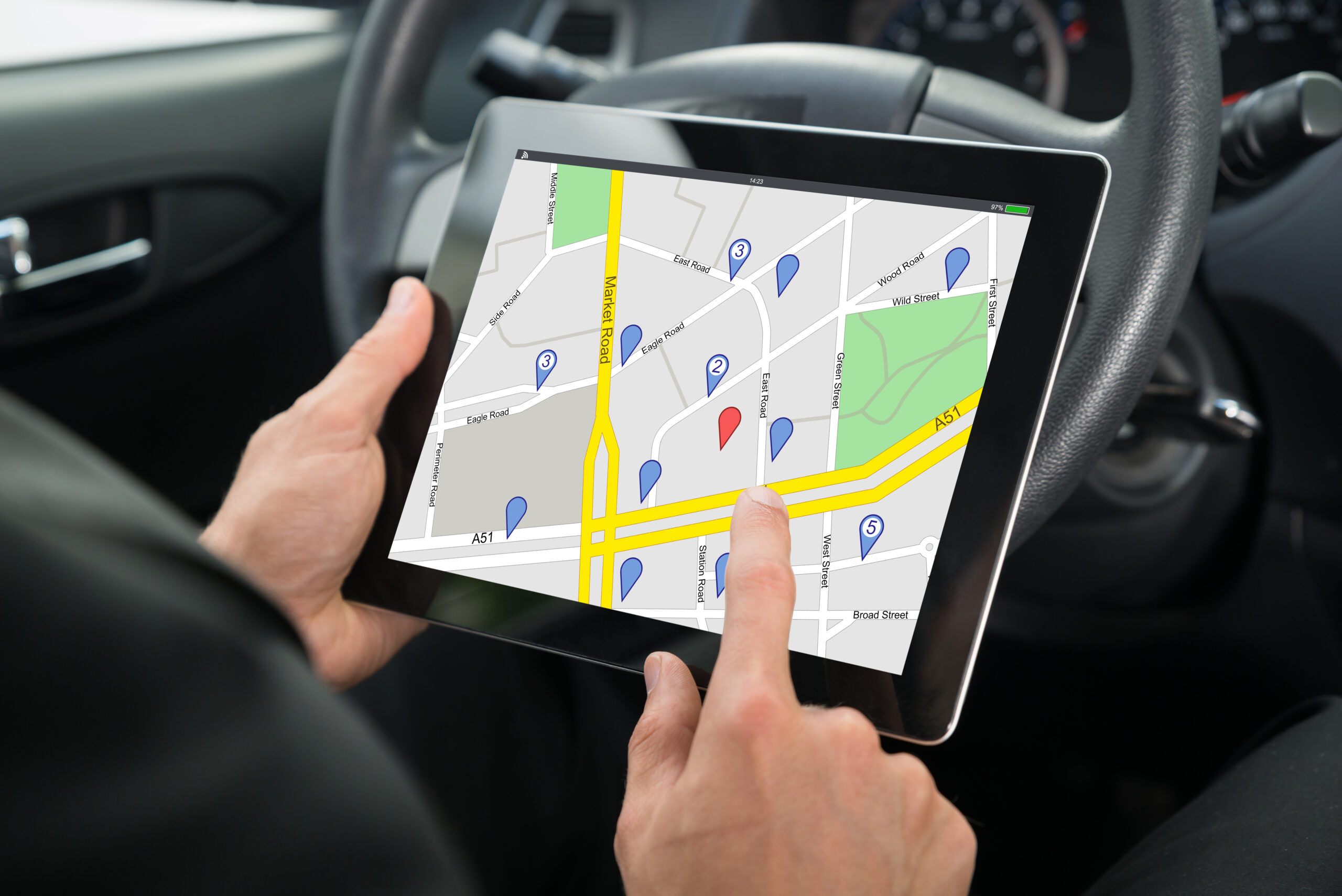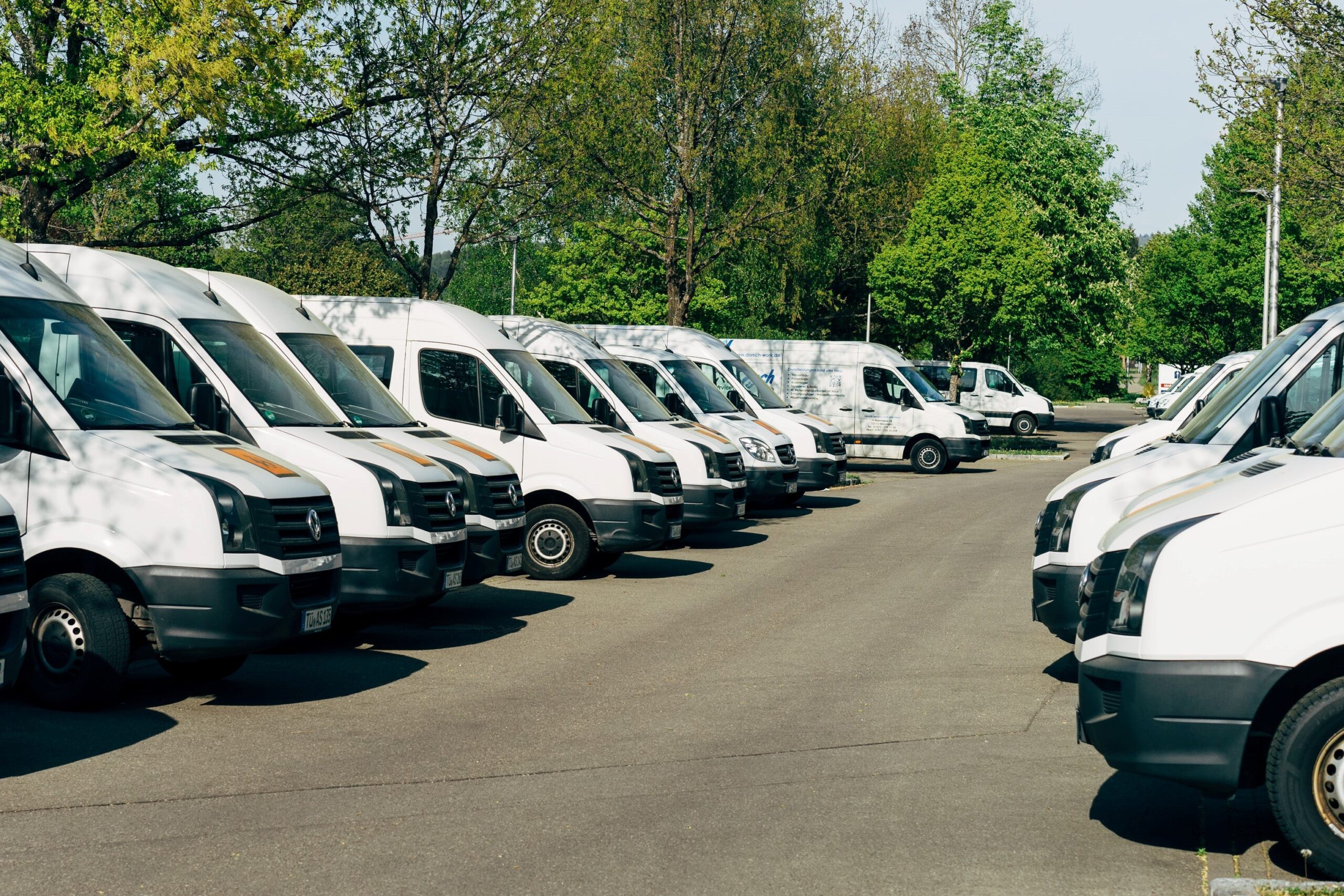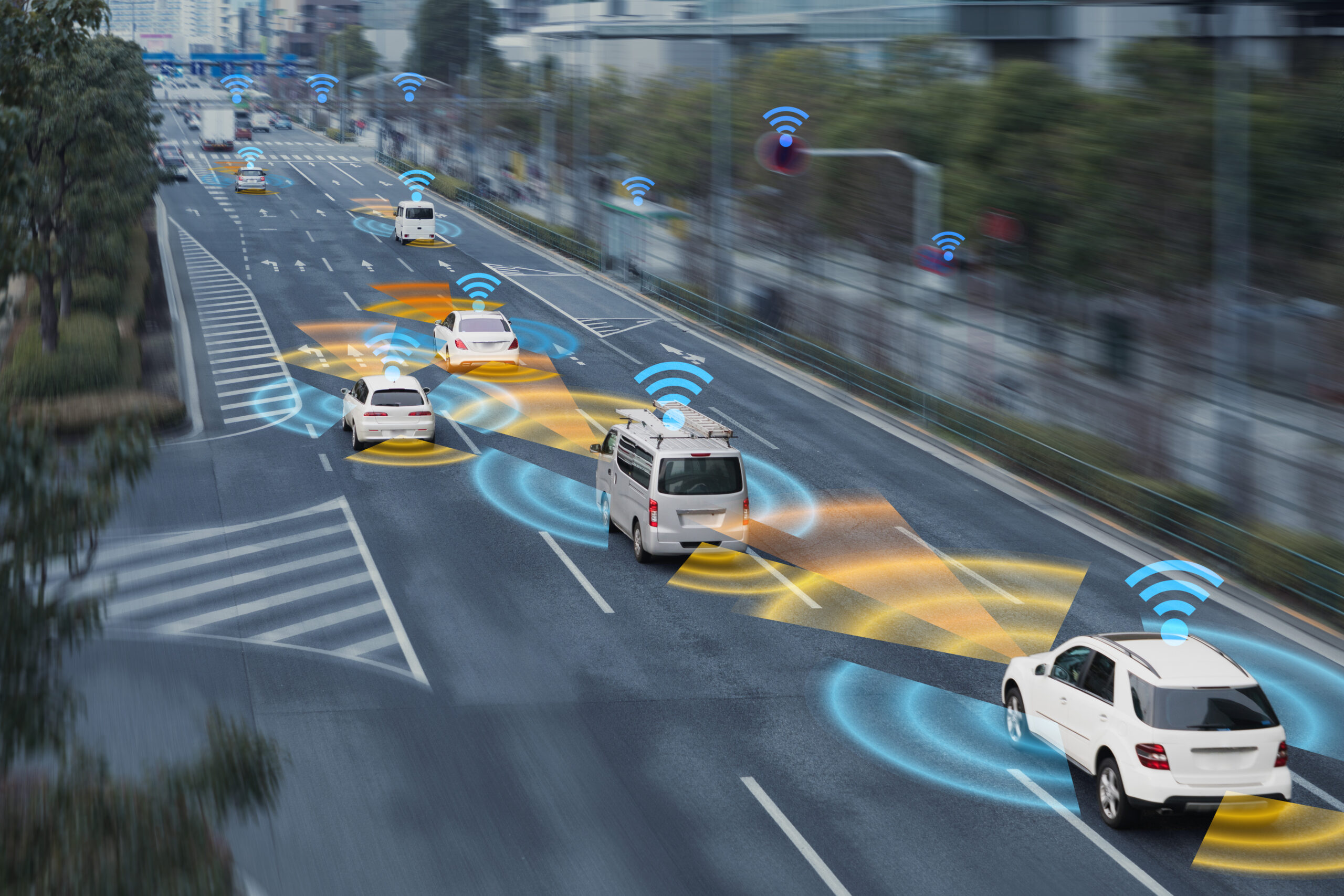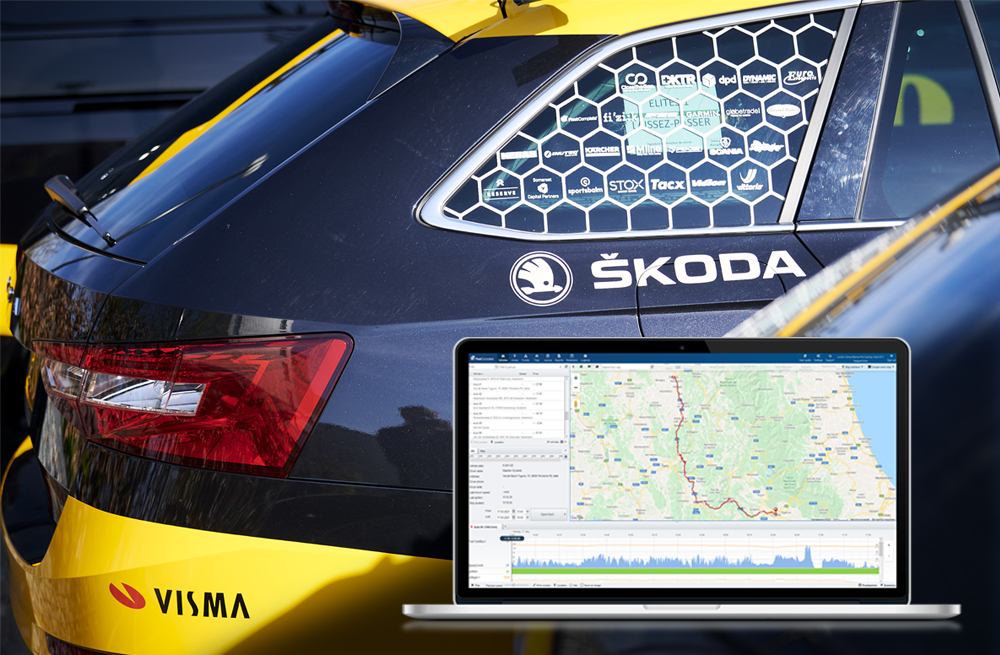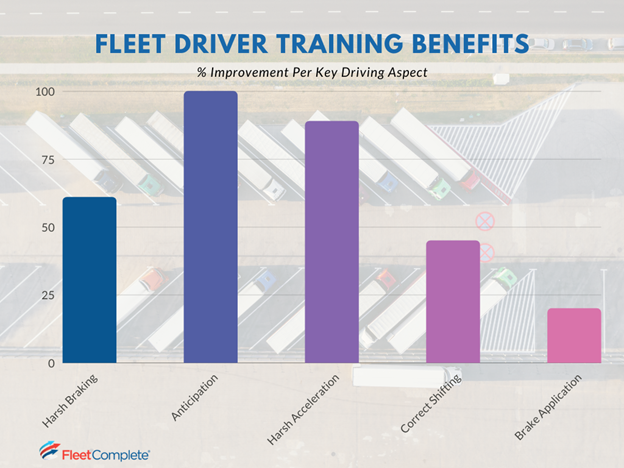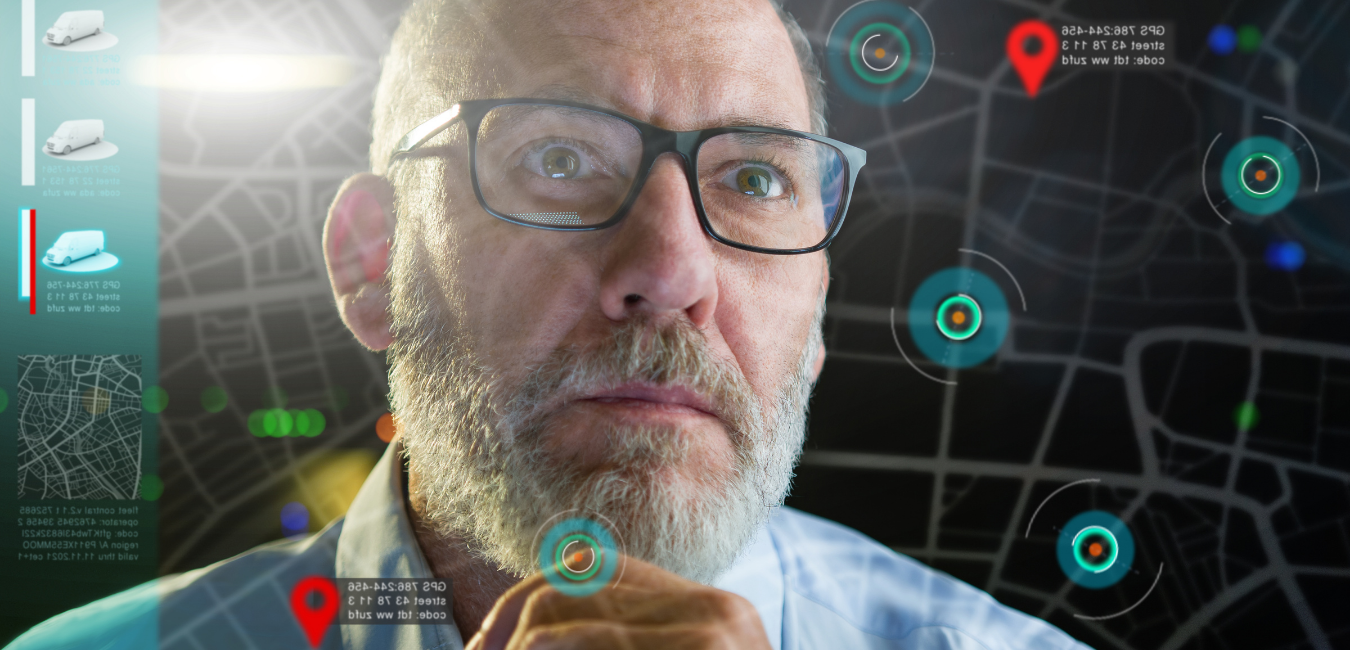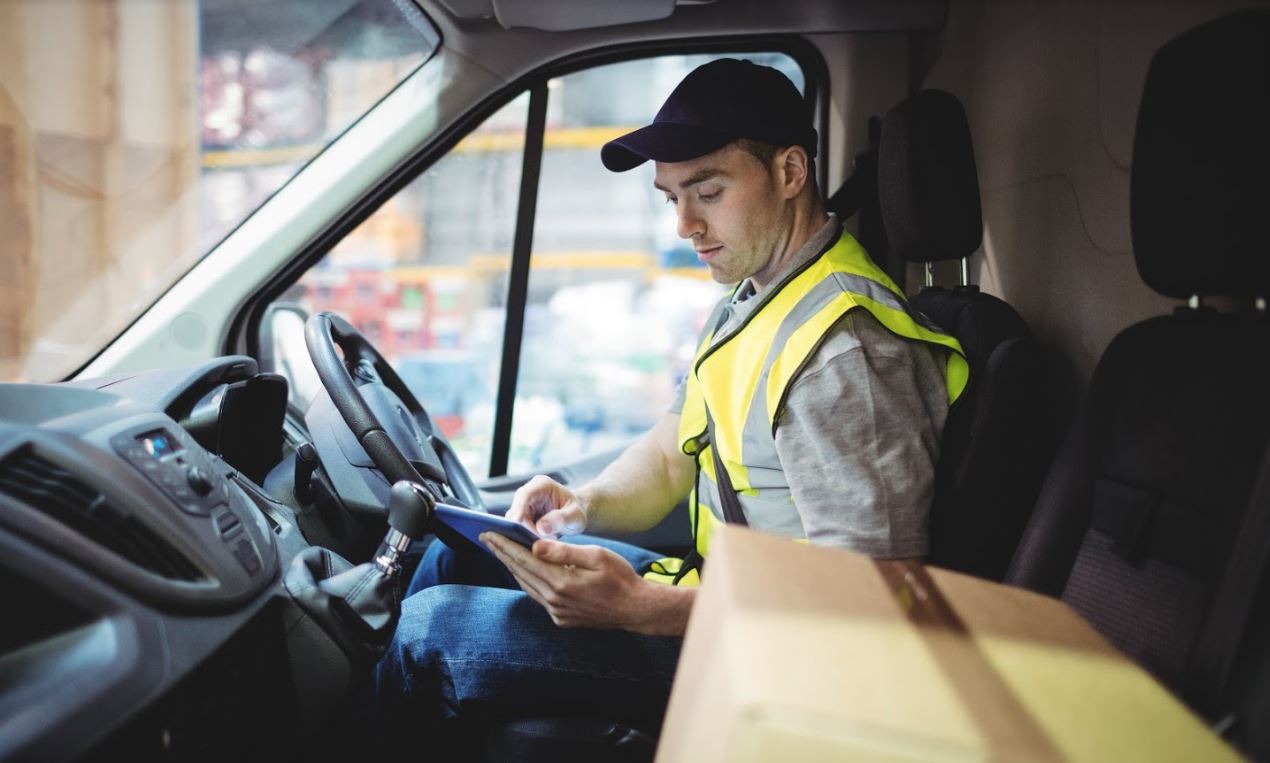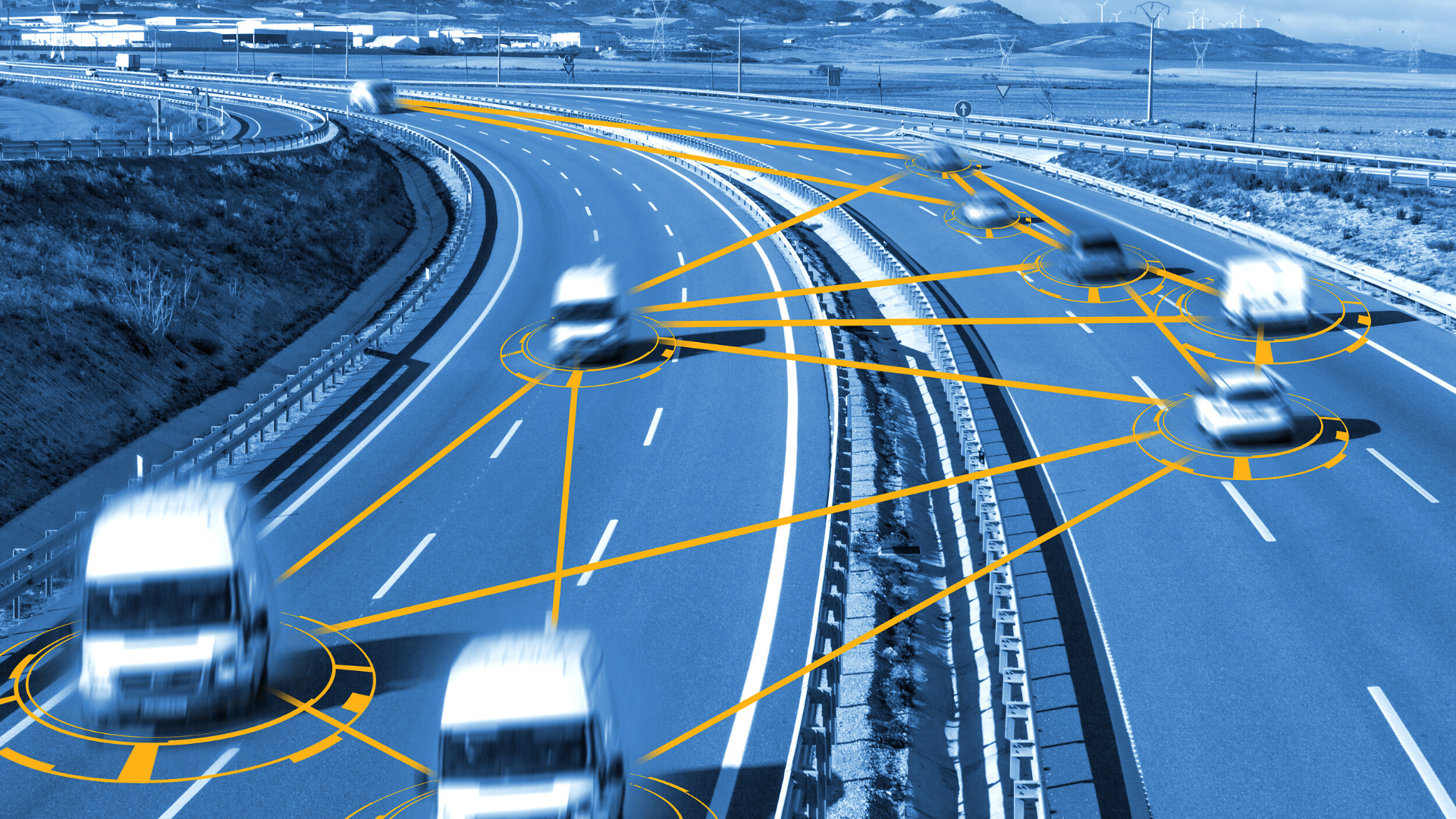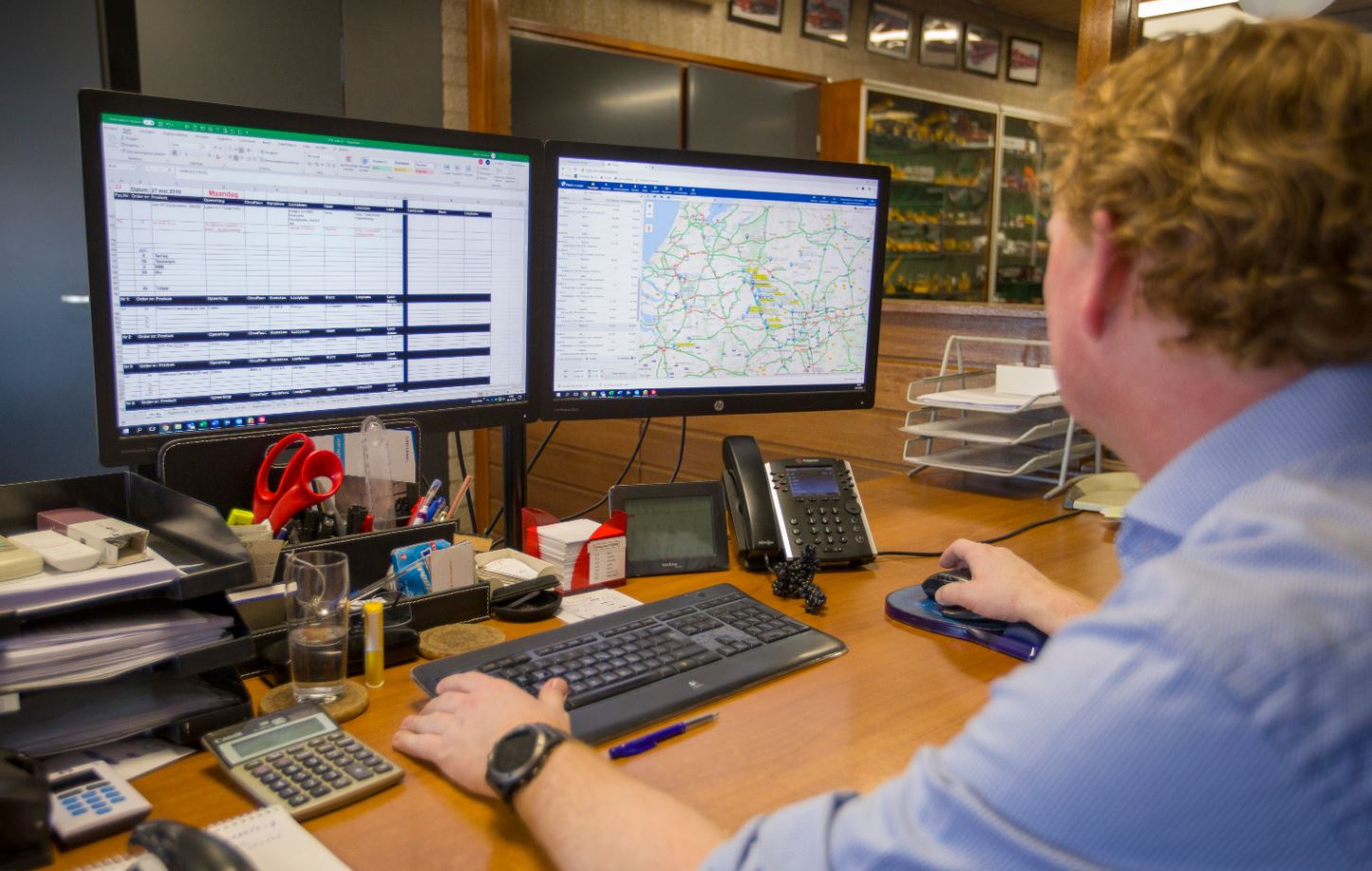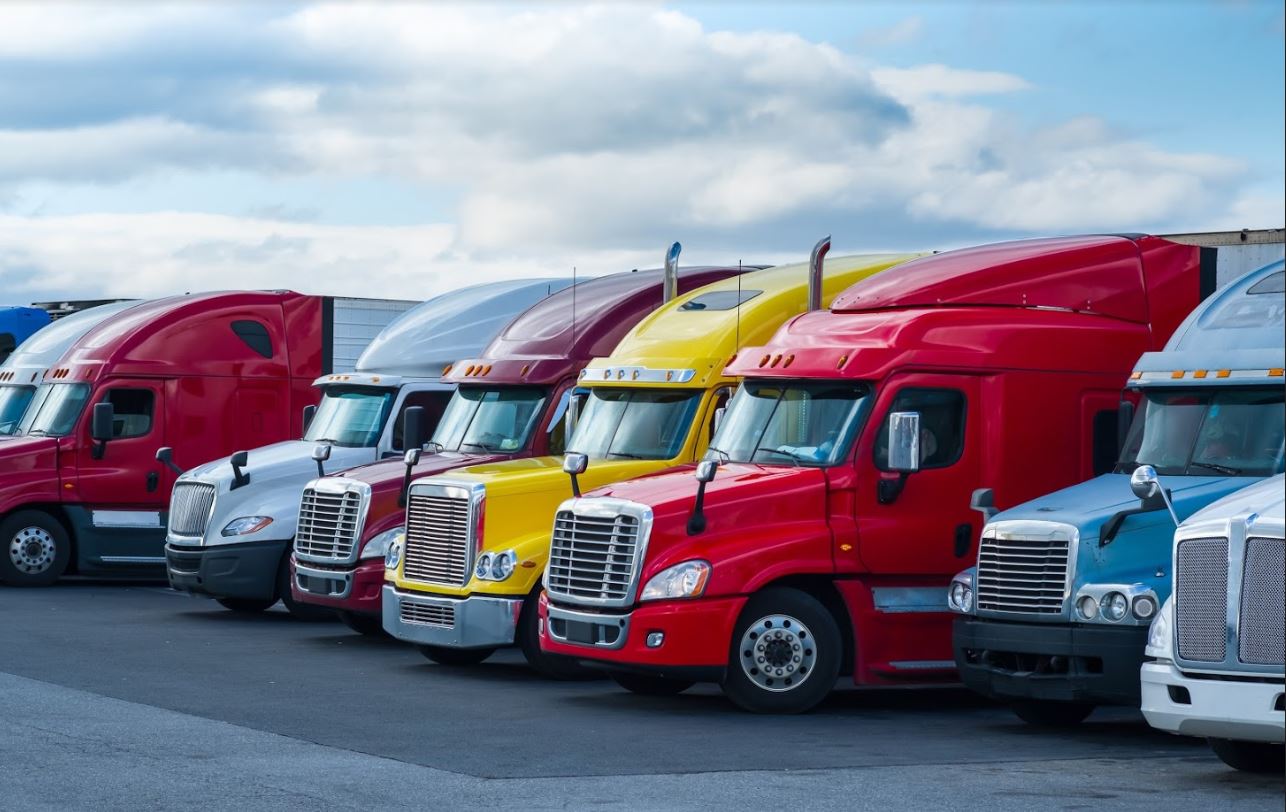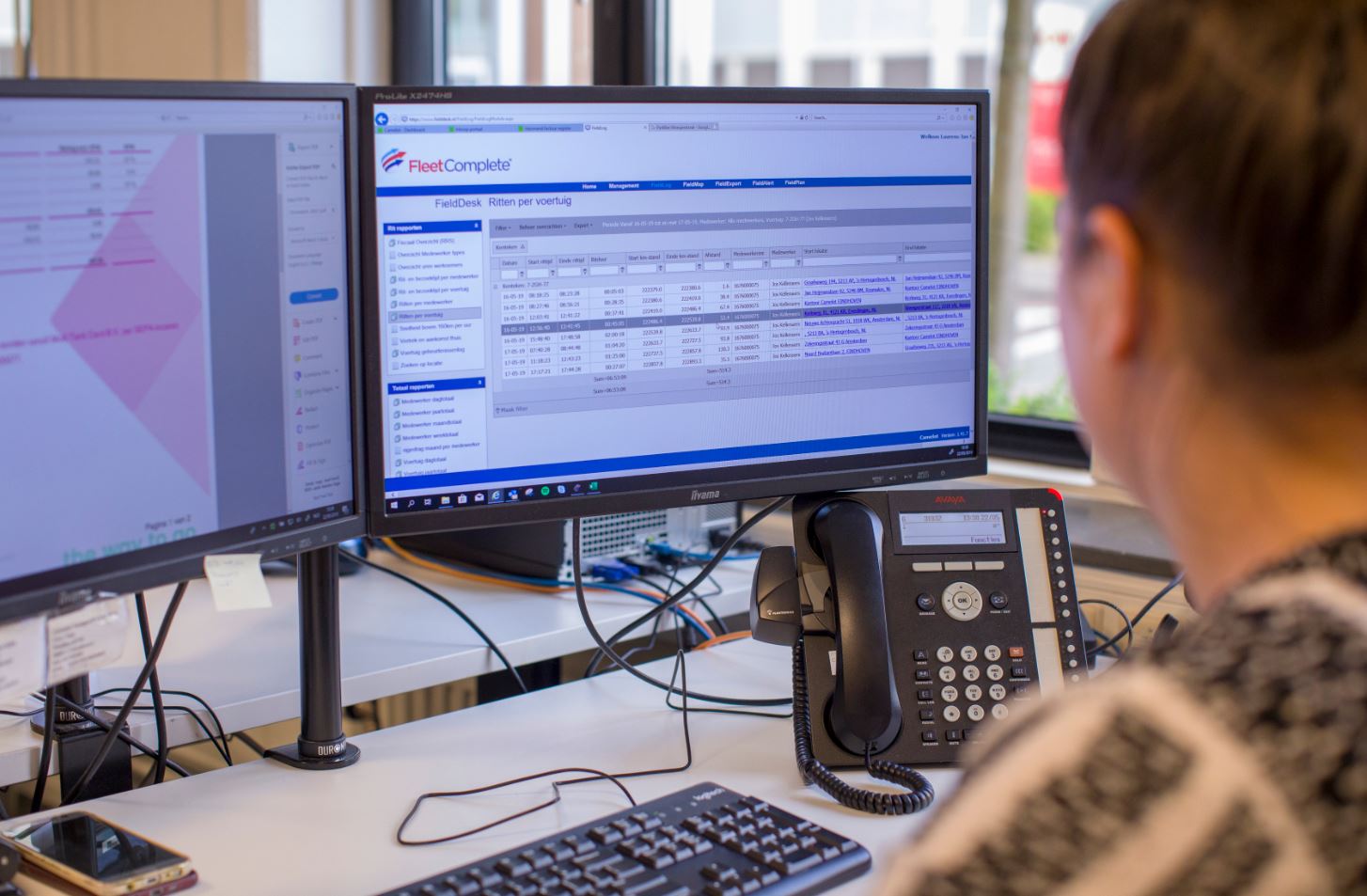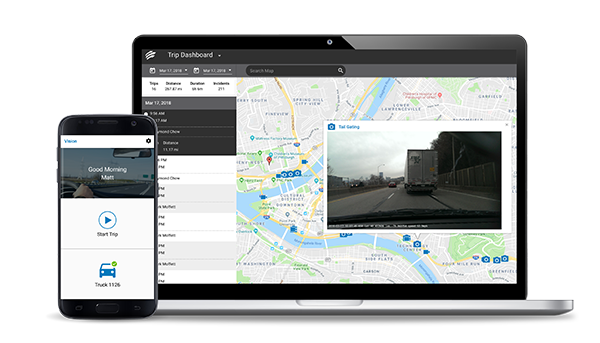Like most of us, you’ve probably spent more time than necessary stuck in traffic on the way to and from work. If your commute is relatively long—say, 30 minutes or more—it can leave you feeling drained before you even step inside the office.
So, what’s the alternative? One idea would be to move closer to where you work—but that might not be feasible (or desirable). Another would be working from home. However, this isn’t always practical either.
One solution gaining momentum is mobility-as-a-service (MaaS), also known as transportation-as-a-service (TaaS)—and it just may change everything about how we get around.
What is MaaS?
Simply put, it’s a digital platform that uses a combination of technologies, data, and people to enable on-demand access to transportation options while reducing the number of vehicles on the roads—and getting everyone the best deal on their commute. It integrates booking, payment, and planning across every mode of transportation all in one place.
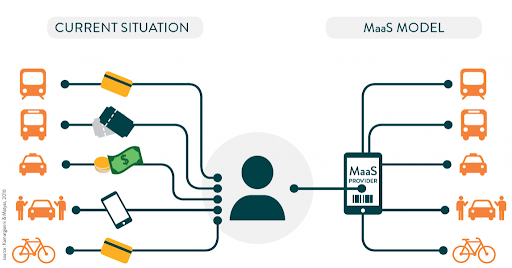
MaaS is about the integration of multiple transport services into one single digital mobility service, accessible via smartphone. MaaS, therefore, offers all the freedom of mobility people want. (Image Source)
Mobility-as-a-service (MaaS) isn’t a brand you can buy at the local store. It’s not an application that works with Google Maps to help commuters determine the best route based on real-time traffic data, nor is it confined to the various carpooling initiatives allowing commuters to opt for shared rides.
MaaS is something much bigger—it’s an entirely new business model that will change the way individuals get around as the younger generations move away from traditional vehicle ownership and towards pay-per-use mobility.
MaaS and Autonomous Vehicles: Where Are We So Far?
One of the next steps for MaaS is deploying autonomous and self-driving vehicles for use in public transit. There are numerous benefits to this. It reduces environmental pollution, makes public transportation more efficient and flexible, and also gives cities back valuable real estate. Roads can be less congested and thus safer.
It’s no surprise that the first pilot projects already underway involve mobility services such as UberPool, LyftLine, ViaVan, or Chariot. The demand for this type of carsharing services is expected to grow to $27 billion in the next few years.
This has prompted many cities to start thinking about how they can incorporate autonomous vehicles into their existing transport systems to capitalize on this new business opportunity sooner rather than later.
The FABULOS Project
FABULOS (Future Automated Bus Urban Level Operation Systems) is a three-year project based out of Helsinki, Finland, that focuses on developing systems capable of operating fleets of automated minibuses in cities. It is a part of a larger project called “Estonia—Finland: Smart Wellbeing.”
The project brings together all stakeholders to find out how they can benefit from self-driving cars. This case study is particularly interesting because Helsinki’s transport authority, HSL, uses Fleet Complete’s fleet management platform to analyze potential MaaS impacts on their organization over the next few years.
“The aim of the project is to get a business model [where] people can drive, for example, from a bus station to a hospital, using a self-driving bus,” comments Jaanus Truu, VP of Sales at Fleet Complete Baltics.
“There is a ticketing system, bus-ordering system, fleet management system, self-driving system, and [we’ll] be connecting all those different systems to one part. Fleet Complete’s responsibility is the fleet management side. We can see the analytics, how a bus is driving; what is the bus’s driving behavior; is the bus driving on the right road… There [will be] a remote button in case something goes wrong, we can stop the bus.”
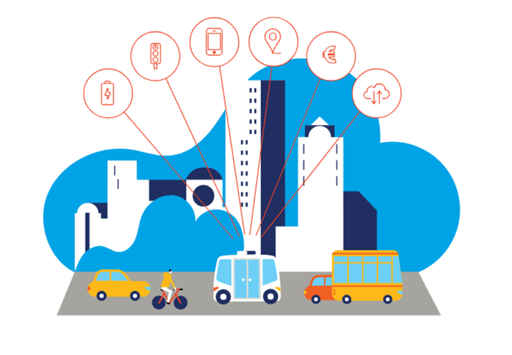
Will we need to own cars in the future? This is what the FABULOS project wants to find out. (Image Source)
How MaaS Benefits Organizations
MaaS is a strategy for providing people with a variety of ways to get from A to B, instead of asking them to rely solely on public transportation or personal cars that require parking spaces at both ends. This creates new opportunities for businesses looking to make urban environments more sustainable and efficient by reducing commute-related congestion and emissions. It also offers companies significant flexibility and cost savings. To get the most out of it, however, business owners and fleet managers must keep a tight grip on the data.
Data is essential to identify the best choice in multi-modal journeys, as inappropriate choices could lead to costs escalating exponentially, or to unforeseen risks. Take a simple scenario: an employee has a morning meeting off-site in the opposite direction to their place of work. Does it make sense for them to come into the office just to pick up a carpool vehicle, or should they be empowered to pick up an approved vehicle from a location that is most convenient to them?
“We’re working together with our customers to model scenarios and solutions, combining their data with ours to better understand the variables of when, where, how and why their employees travel, and therefore which solutions the employer should be offering”, he adds.
Time to Take Action
MaaS is challenging traditional approaches, forcing fleet owners and managers to rethink their processes. According to Fleet News, managers will soon have the ability to expand and customize their services, including experimenting with company-owned vehicles, as well as renting or leasing.
Vehicle sharing can help put idle vehicles to use, free up financial budgets, and reduce carbon footprint. Meanwhile, the types of key fleet metrics managers traditionally keep an eye on will likely change to include more than just vehicle data or costs—tracking additional factors like timing, journey success rates and attendance rates, which will be made considerably easier with the use of fleet management software.
If you want to gain some advantage over your competitors by improving your company’s image while saving money, contact Fleet Complete to see how we can help you implement a MaaS program for your business. We serve organizations of all sizes and within many different sectors, including government agencies, retail companies, hospitals, universities, and more.






